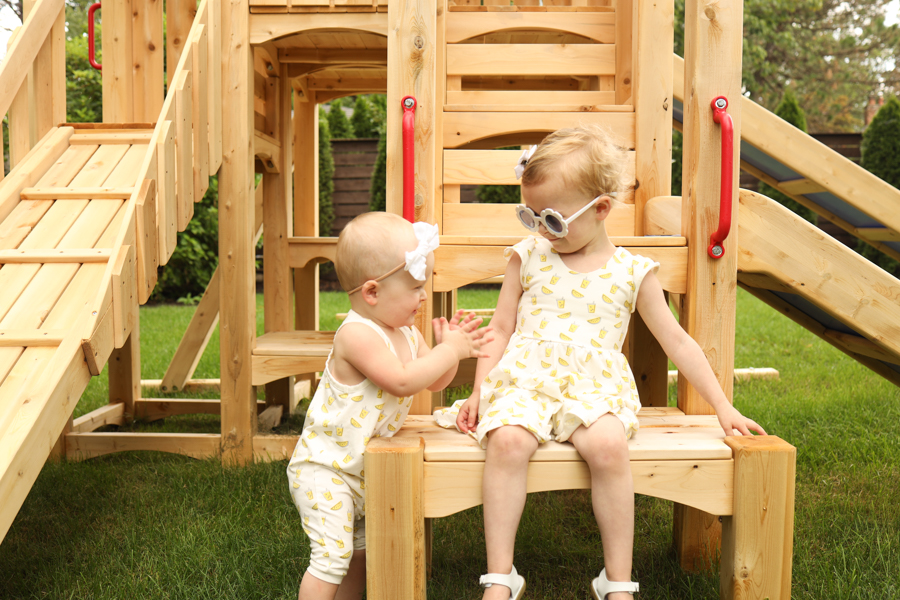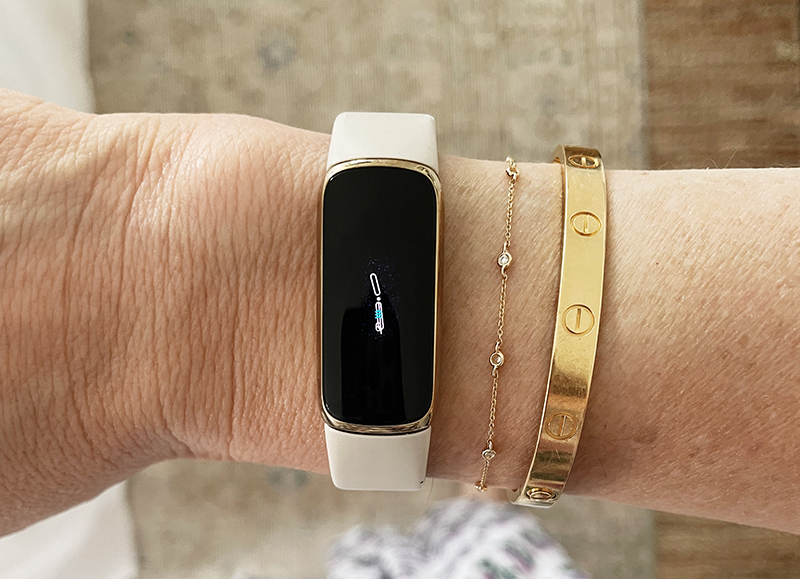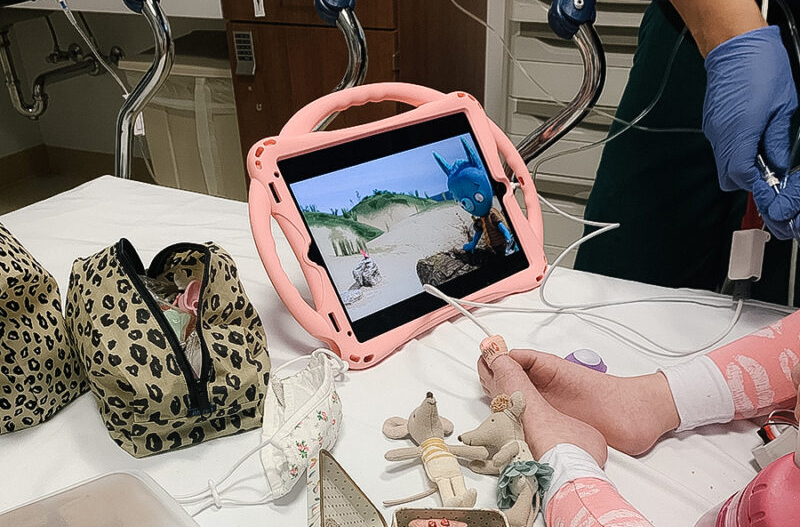Health
How to Support Someone After a Cancer Diagnosis
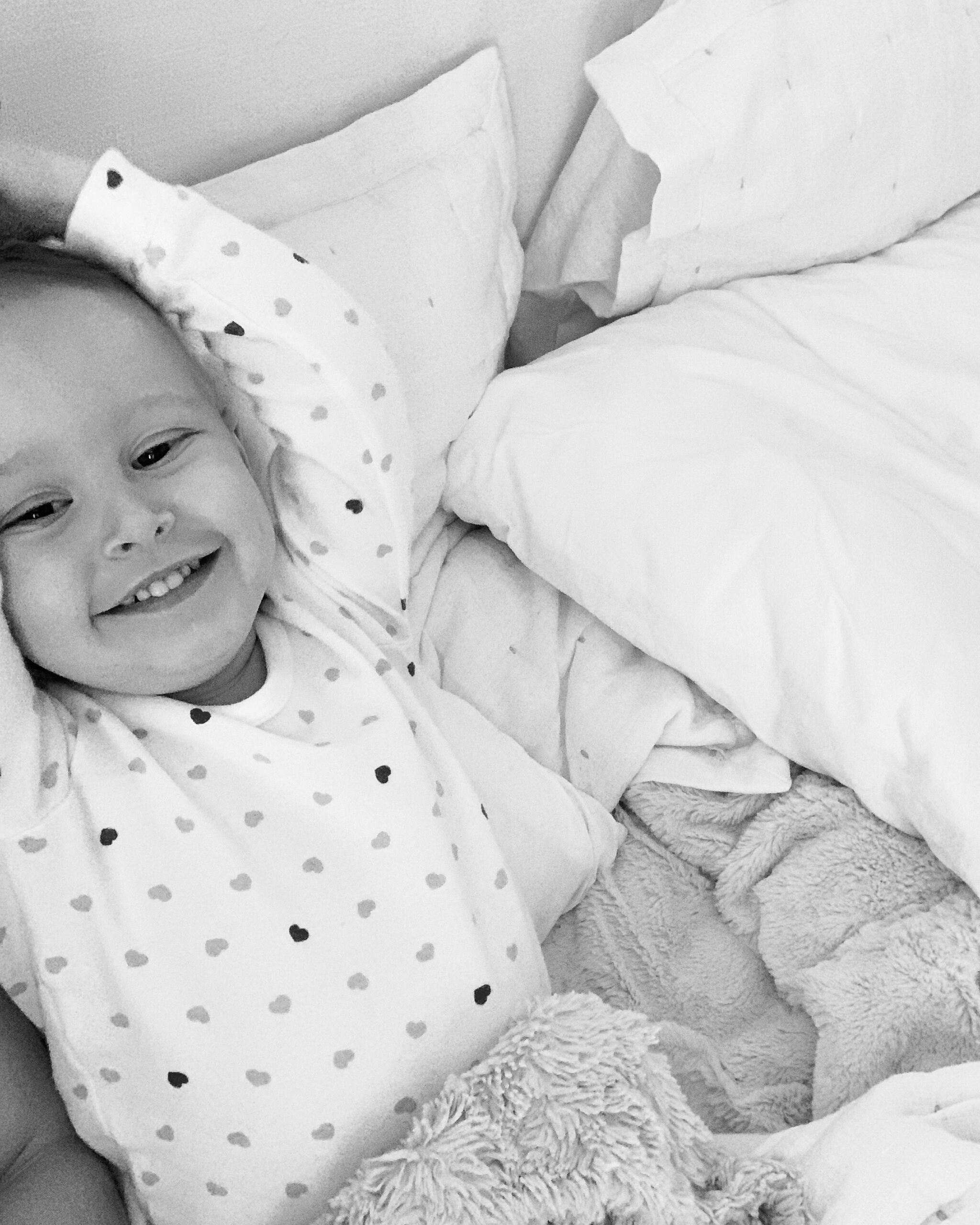

On May 16, 2020, my daughter was one of the 43 children diagnosed with cancer every day. As cliché is this might sound, this is one of those things you think happens to other people until it happens to you. Everyone rallied behind us – friends, family, and thousands of people I had never met via social media. You helped us raise over $85,000 for childhood cancer. Saying “thank you” will never feel like enough. We are so, so grateful. I want to talk about how to support someone after a cancer diagnosis. Here’s how you can support them through treatment.
How to Support Someone After a Cancer Diagnosis
Those first few weeks held some of the darkest days of my life – the pain and fear was unlike anything I’ve ever felt before. The only thing anyone can do during that time is listen to doctors, learn as much as possible, and in my case, care for a newly diagnosed toddler while 33 weeks pregnant and feeling completely and utterly broken.
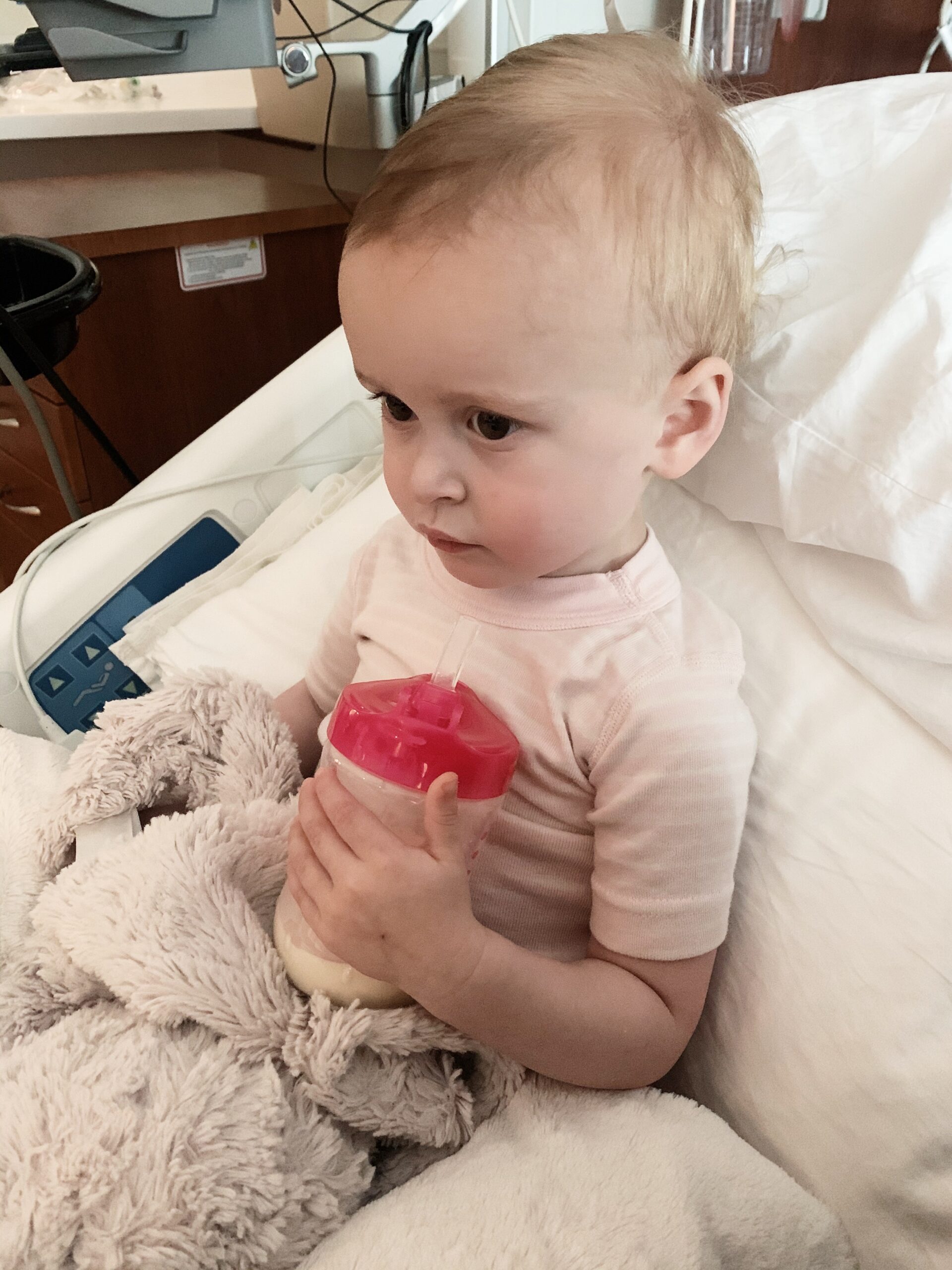
How to Support Someone After a Cancer Diagnosis
It is around this time that everyone who has ever met you decides to reach out.
Literally everyone.
During those first few weeks, attempting to communicate, update, or have a conversation is too much. There is some anxiety and guilt when you can’t keep up with the messages and don’t have it in you to reply, which is the case for a while. I did not have it in me to update anyone on how Margot was doing. For the first couple of months, I couldn’t talk about treatment or diagnosis without crying. The few times I tried, the second I got a “how are you” or “how’s Margot” I just stopped responding. I was not ok and I was terrified she wasn’t going to be ok. I don’t plan on sharing any medical information, but can tell you those first weeks were an absolute nightmare. ICU stay, surgery, chemo. It was hell.
Everyone wants to do something. I get that.
This is a really difficult post to write, and is one I’ve thought a lot about, because I don’t want anyone who supported us to feel that they were not helpful. That’s not the case at all. Everyone wants to do something but the reality is that we didn’t know what we needed, communication sucked the life out of us, and having to explain anything during those first few weeks felt impossible. Now that I’ve been through it, I know what words are healing and what feels painful or triggering, and my intention here is to help others.
These are all things that I’ve experienced personally, and have learned through friends who have gone through this as patients or as caregivers. If you asked questions when we were in the hospital, it’s because you cared. No one knows what to do – we certainly didn’t – so that’s why I’m sharing this with you. I hope that this will help you be there for someone when they go through the unthinkable.
I want to share some advice for friends and loved ones of those going through a cancer diagnosis, with the hope that it will make things easier for someone else when they’re going through the worst days of their lives.
If you do not regularly communicate with the person going through this but want to reach out:
I would send an email or text 3–4 weeks after diagnosis. Let them know you’ve been thinking of them but wanted to give them some time before reaching out. It’s not that we don’t want to hear from people. We do! But in the beginning we’re just trying to survive. Instagram comments or messages on a caringbridge or posthope site (if they have one) are wonderful. There’s no pressure to reply and it’s nice to have everything in one place when you feel ready to read it. Those messages of love lifted me up.
If you do regularly communicate with the person going through this:
Send a message letting them know you love them and that you’re here for them. Continue to send those messages. It does’t have to be daily, but regular check-ins every few days to a week, and ones with no obligation to reply (and no questions) lifted me up more than I even realized at the time.
Don’t ask questions unless they will help the person who’s going through trauma.
I can tell you that every mom I’ve spoken to has said this is a big one for them. No one ever wants to answer these questions. They’re extremely painful. Don’t ask how they’re doing in the beginning (they are not ok). A “how are you” is fine now! But in the beginning, it’s just a reminder of how not ok you really are. Do not ever ask about symptoms, diagnosis, or prognosis. That information will only be shared by a parent or patient if and when they want to share it. It will not help you and forces us to relive trauma.
Reconsider saying “I can imagine” or “I can’t imagine.”
The intention is pure but it’s not about you. Don’t tell them they’re strong or that this is happening for a reason.
Don’t send celebratory items (cake, cookies etc).
If you want to do something in the form of a gift, talk to a close friend or relative and find out what their needs are. Maybe they need food or gift cards, or even a gofundme to help with expenses during treatment.
This is not the time for a “me too” moment
If you’ve been through a hard time but haven’t gone through cancer, do not try to relate. Do not mention any stories that resulted in someone relapsing or passing away ever. If I hear one of those stories now I feel completely crushed and terrified. We cannot hear those stories. Share them with someone who isn’t going through it.
Avoid bringing up minor health issues
Do not talk about your child’s ear infection or minor health issue. It’s not that we don’t care, but we’d give anything for that to be what we were dealing with. What we’re going through doesn’t erase that things still feel hard for you, but it’s too much for us right now.
My friend sent me a message letting me now she was putting together a bag for the hospital. She didn’t leave room to say no – she was actively working on it and sent individual texts with everything she thought I might need from a notebook and socks to dry shampoo and a facial mist – and asked me to thumbs up or heart what I wanted. It was easy and I felt so loved. She’s also personally been through this and knew what was needed at the hospital. This same friend set up a posthope site to help us funnel communication because she knew firsthand that keeping up with texts isn’t possible.
It’s also ok to say “this is unfair” or “I hate this for you” – those messages are generally well received among patients and caregivers.
The best thing my friends did and the best thing you can do is continue to stay in touch. Check in. Show up.
It was often the case that I did not reply in the beginning because I couldn’t, but I would heart messages when I was able and respond when I had it in me. Looking back, those messages carried me until one day, I was ready to have a conversation. It is so important to keep showing up, especially in the months after diagnosis. Keep saying hi. Let your friend know you’re thinking of them. It’s so meaningful when months later, or during a harder part of treatment, someone remembers that things are still hard, and wants to make sure you’re ok.
That is the very best thing you can do. Continue to show up and don’t ask for anything in return. One day, your friend will be able to be the friend you deserve, and they’ll be here when you need them most. Right now, they’re hurting, and they need you.


